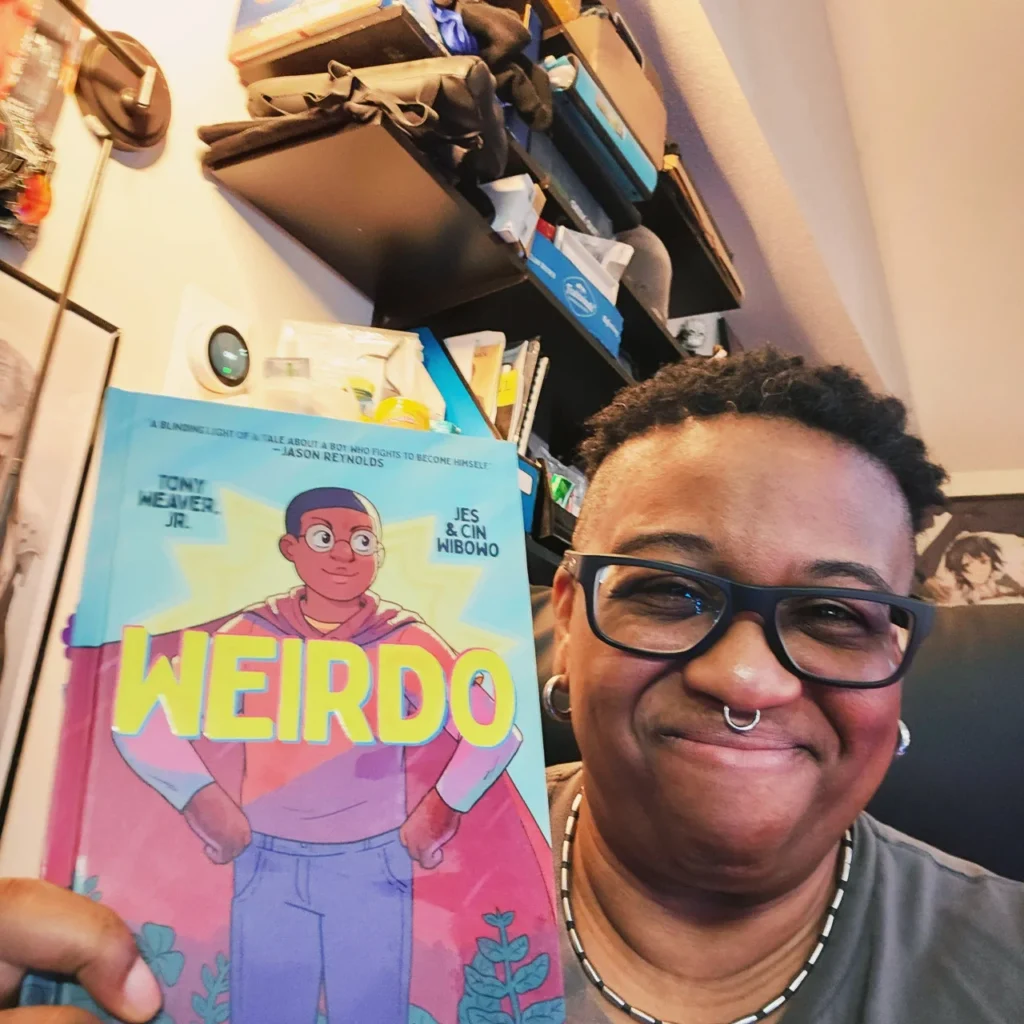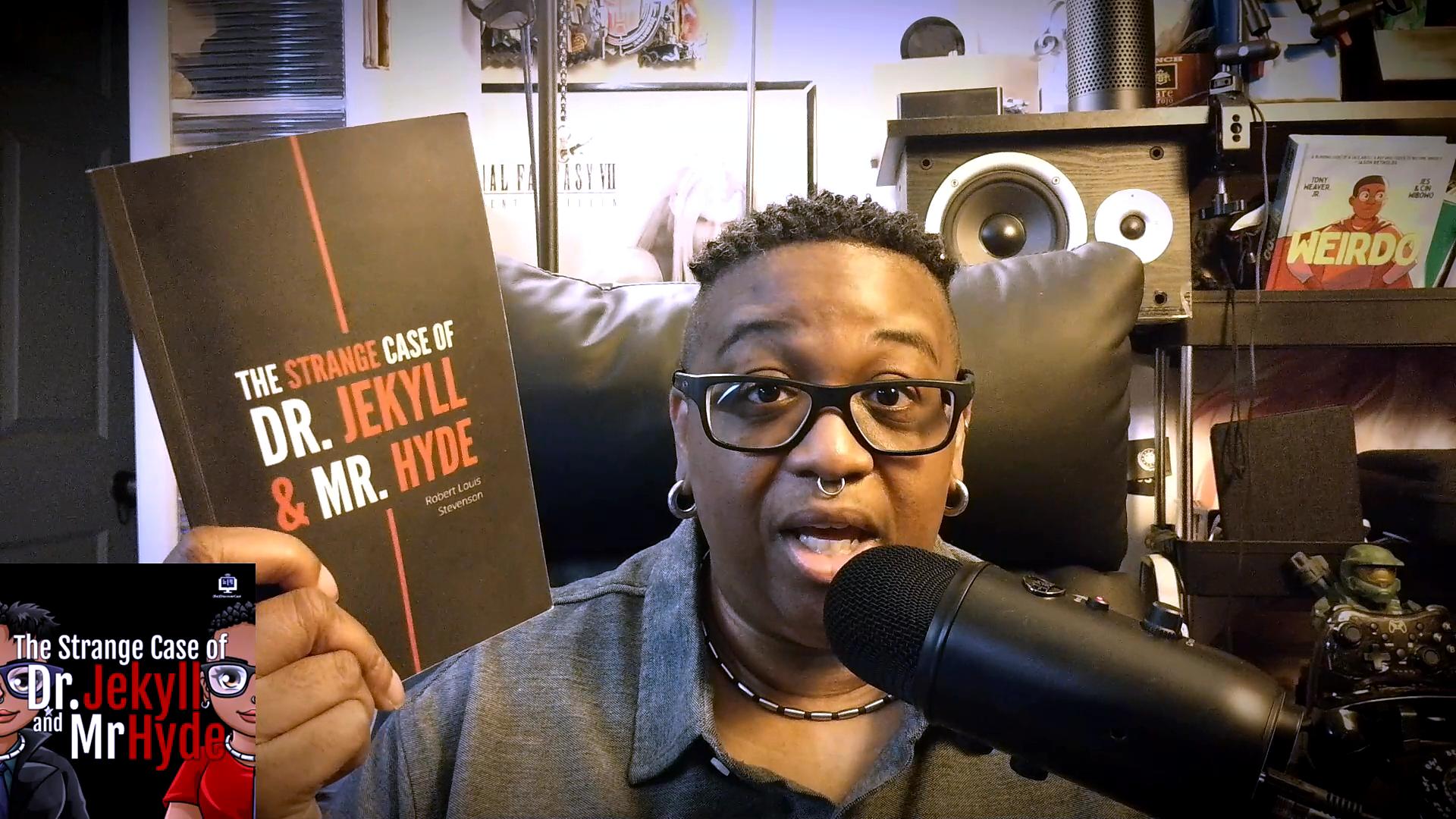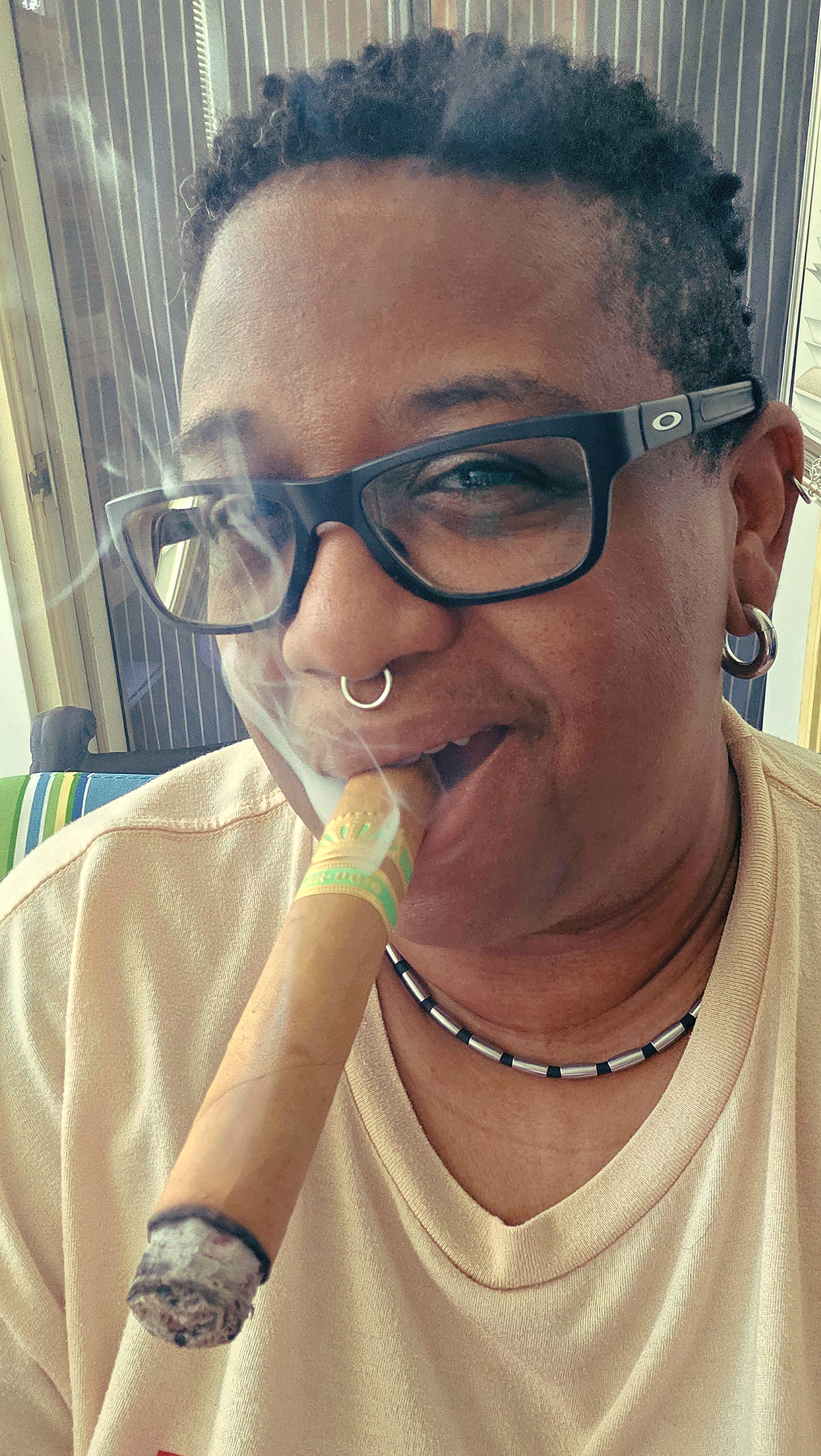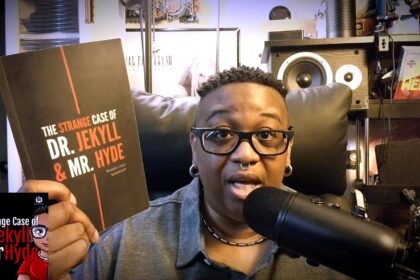Summary
Where is your wound? Projecting your own reality into the outside world and using your preferred connotations to interpret what you see out there is DELUSIONAL.
#FirstCoffeeThoughts
There’s a lot of people who mistake passion for anger and vice versa. There’s a lot of people who think anger IS passion which is … really far from accurate.
Anger IS a passion (stoicism) … something that strips you of control and hinders your ability to think and reason, but it is not purely passion. There are all kinds of emotions that can be passionate ones, anger is just one kind of passion, maybe the least admirable of them …
… assuming any passion is admirable.
A passion is a disturbing and misleading force in the mind which occurs because of a failure to reason correctly. A person experiencing such an emotion has incorrectly valued an indifferent thing. A fault of judgement, some false notion of good or evil, lies at the root of each passion.
These states of feeling are disturbances of mental health which upset the natural balance of the soul, and destroy its self-control. They are harmful because they conflict with right reason. The ideal Stoic would instead measure things at their real value, and see that the passions are not natural.
Speaking with passion ≠ anger but if that’s what you hear, that’s probably an indication of a trigger you have and a trauma you carry.
White women are “passionate”, Black women are “angry” for expressing the same kinds of passion in conversations.
White men are “passionate” and “motivated”, Black men are “angry” and “dangerous”.
Remember what I say about preferred connotation? This is another situation where words mean whatever people WANT them to mean FOR THEM based on THEIR own bias.
In the same way that people will INTERPRET text in a voice that only they hear in their own heads when they read … or similarly will use definitions from their own personal dictionaries to explain how they see the world instead of the ACTUAL DEFINITIONS of those words (i.e. the white male who said “unsolicited advice is criticism”)
Projecting your own reality into the outside world and using your preferred connotations to interpret what you see out there is DELUSIONAL.
I’ll clarify …
A false belief or judgement about EXTERNAL REALITY.
Preferred connotations, transference, bias, mental illness … these are things that are about our INTERNAL REALITY … things that pertain to our lived experiences and our psychological development BASED ON those experiences.
Those things are not ALL reality, only our own.
The way that DELUSIONAL PEOPLE pick and choose what words mean ACCORDING TO THEIR DESIRE in the moment or how they feel about the people using them is a form of prejudice and preferred connotation that effectively allows them to control their perception of people, communication, and external reality to suit their needs.
These needs are usually about the desire to protect themselves from truth, to hold onto power they fear losing, or to protect them from the reality of their own weakness.
This is such an important question to ask yourself when you are using your own internal reality to make judgements about external reality.
What trauma is causing you to use delusion as a primary way to interpret the actions of other people or SPECIFIC people?
Why is someones passion another person’s anger? Why is someones grief another persons derangement? Why are white victims worthy of more sympathy than Black victims?
The answer: Internal reality projections.
Our life should observe a happy medium between the ways of a sage and the ways of the world at large; all men should admire it, but they should understand it also. Who does not admit that all the emotions flow as it were from a certain natural source? We are endowed by Nature with an interest in our own well-being; but this very interest, when over indulged, becomes a vice.
Your reality is not THE reality. It is not the ONLY reality.
Your personal dictionary is not THE dictionary that everyone uses and it doesn’t REPLACE the common/global dictionary that exists.
Your bias, projections, prejudice, and transference are not the best foundations upon which to gauge other people’s actions.
Where are your wounds? How are your wounds influencing how you see, and interact with, external reality?
Learn to ask yourself questions.
Don’t be afraid of the answers.



















